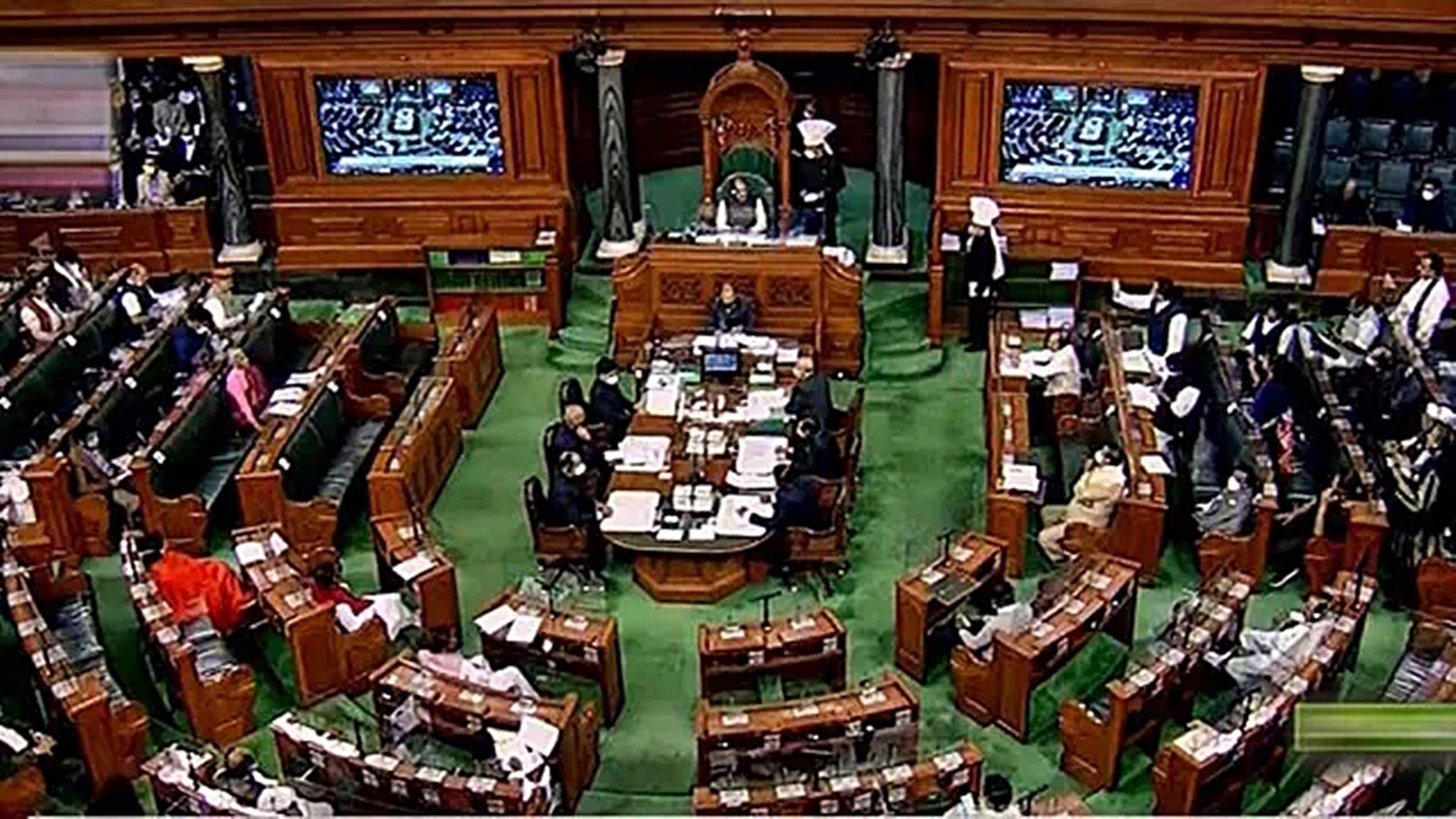[ad_1]
Remember two years ago when the Hyderabad police checked the phones of people for the “herb” emoji as part of a crackdown on drugs? Soon, we may see days when they check “eggplant” and “peach” emojis as part of a crackdown on unlawful sexual conduct.
Where are these speculations coming from, you ask? The Indian Telecom Bill 2023, passed in both the Lok Sabha and Rajya Sabha, gives government oversight of every message transmitted, emitted, or received in any form, including wired, electronic, and optical. The Bill’s definition of message includes signs, signals, text, images, sound, videos, data stream, intelligence or information transmitted through telecommunication. The Bill not only allows informational monitoring but also gives the Union and state governments authority to intercept, detain, or choose not to transmit messages from an individual or a specific group of individuals.
Dating applications are messaging platforms like WhatsApp, Instagram, and Telegram, but they collect more concrete and objective data points on your sexuality. We fill in our political alignment, our sexual preferences, and what kind of connection we are looking for upfront. In fact, with our potential dates, we share our sexual fantasies and maybe even a few of our intimate images.
Sexualities beyond the “normative” have always been under legal scrutiny. What else could be? For one, all the “sapiosexuals” out there, would you dare ask for a copy of Marx or Arundhati Roy from your date? All our data on sexual and romantic desire is now available to the state. For what purpose will the government, in collaboration with police officials, use the data from our dating apps? Governments in other countries have tried to use data from these apps for surveillance — like in Russia, where the government has sought to target queer and trans individuals through data available on Tinder.
The law shapes how we interact in public, private and professional spaces and with institutions. It sets an expectation of what acceptable and unacceptable behaviour is. For example, Instagram allows nipples on male bodies to be viewed on the platform but hides nipples on female bodies.
It took 158 years for the Supreme Court of India to decriminalise same-sex relationships between consenting adults. On December 25, 2023, The President gave assent to the Bharatiya Nyaya Sanhita (BNS). The BNS omits Section 377 of the IPC. This removes rape of men and bestiality as offences. Given the overlap of BNS and all forms of data interception by the Telecom Bill, we could be heading for a future with no safeguard for queer men, trans individuals and men. Additionally, laws do not have an expiration date.
With the Telecom Bill 2023, we are another step closer to becoming a surveillance democracy where the surveillance of citizens using technology has become part of governance. The sweeping power of surveillance could increase the risk of abuse, particularly for users from marginalised religions, castes, queer individuals and sex workers. Anything that goes beyond “correct behaviour” as defined by the government can be questioned, abused and lead to the seizure of the person’s right to freedom of expression. Without robust accountability mechanisms, how do I know the official intercepting my data will not use it to harass or blackmail me? How do I know if they will not share or use the intimate images or videos on my phone?
Will the Bill change the questions on dating profiles? Which dating application will get government approval? Will our dating app conversations be checked for “unsanskari” and anti-government responses? What will be the implications of surveillance democracy on our sexuality and desires? We do not know which text, to whom, or which data point on our Aadhaar-verified dating profiles will land us in trouble.
Mitra is a Phd Research Scholar in Psychosocial Clinical Studies, Ambedkar University, Delhi. Garg is a marketing consultant
[ad_2]
Source link






